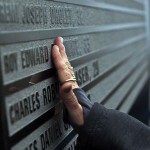You could save a life too… if you have CPR & AED Training! Read on…
A Township of North Glengarry man has been given a second chance at life thanks to the Heart and Stroke Foundation, Cornwall SD&G Emergency Medical Services and the Township of North Glengarry.
On Wednesday, June 13, 2012 at 6:15pm an adult male in his late 50’s was exercising on an outdoor pathway located in Island Park in Alexandria, ON when he suddenly collapsed outside near a municipal building. Local bystanders including an off- duty volunteer firefighter immediately started CPR, called 911 and a Township of North Glengarry staff member retrieved the Zoll AED Plus Automated External Defibrillator (AED) from the Island Park Community Centre. The bystanders successfully used the AED before Paramedics from Cornwall SD&G Emergency Medical Services arrived and continued with patient care. The gentleman was responsive prior to transport to hospital.
The placement of the AED at the Island Park Community Centre and the CPR & AED training of staff was made possible by The Cowan Foundation, the former Ontario Ministry of Health Promotion and Sport, the Ontario Trillium Foundation, the Heart and Stroke Foundation’s Restart a Heart, Restart a Life Program, the Chase McEachern Tribute Fund and Cornwall SD&G Emergency Medical Services.
Thanks to our partners the Heart and Stroke Foundation has been able to allocate close to 4,000 AED units in communities across the province to date.
“When individuals in the community take action, perform CPR, and use an AED when it is within reach lives can be saved,” says Andrew Lotto, Manager, Resuscitation Programs, Heart and Stroke Foundation. “With continued support of the public, community groups and funding partners one day AEDs will become as commonplace as fire extinguishers in Ontario.”
“It takes a concerned community to help save a life and this is another example. Without the help of bystanders, Township of North Glengarry staff, Paramedics and the Public Access Defibrillator Program, the outcome could have been very different”, says Bradley Nuttley, Emergency Management and Community Safety Coordinator from Cornwall SD&G Emergency Medical Services.
The Cornwall SD&G Emergency Medical Services Public Access Defibrillator Program began in 2004 and has placed 106 Automated External Defibrillations (68 AEDs donated through the Heart and Stroke Foundation). These AEDs are placed in public buildings through Cornwall and the United Counties of Stormont, Dundas and Glengarry.
When a person is in cardiac arrest, seconds count. When CPR is combined with the use of an AED in those early minutes, an individual’s chance of surviving a cardiac arrest increases to up to 75%. Without CPR and defibrillation, fewer than five per cent of people who have a cardiac arrest outside of a hospital survive.
The new CPR guidelines stress early recognition, urging people to call 9-1-1 or their local emergency number if they ever find someone collapsed and unresponsive, and not to delay by ’looking, listening and feeling’ for breathing or pulse. They also recommend that instead of trying to remember how many compressions and how many breaths, bystanders doing CPR are urged simply to remember to “push hard and push fast” on the centre of the chest.
The Foundation recommends that all Canadians learn the life-saving skills of CPR and review this knowledge often. Learning and reviewing CPR skills has been made much easier with an at-home video kit, the Heart and Stroke CPR AnytimeTM for Family and FriendsTM. The kit teaches the basic skills of CPR in as little as 22 minutes. Visit http://www.cpranytime.ca to order yours today!
The Heart and Stroke Foundation, a volunteer-based health charity, leads in eliminating heart disease and stroke and reducing their impact through the advancement of research and its application, the promotion of healthy living, and advocacy. (heartandstroke.ca)
First Response’s comments:
We all need to learn CPR; CPR & AED training for life, not just training for our work place. Can you imagine how this man’s family feel to have returned to them and to be given a second chance? Can you imagine how this scene could have had a very different outcome? I see it every time I teach a class. Pretty much everyone has either has their own experience with a life threatening situation or know someone who has. That feeling of being completely helpless and not knowing what to do is horrible. Having some confidence within that makes you not afraid to render aid, should the situation arise is very empowering. How do you get that confidence? You register on a course … of course! Contact me for more information on setting up a course in your neighborhood, community or workplace. Maybe even have a private ‘family’ course in the comfort of your own home. I would very much like to hear your experience with any medical emergency or indeed, your CPR & AED Training… please tell me your story below in the comment box!

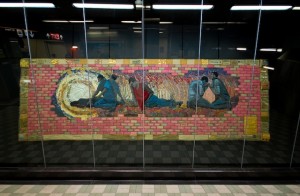
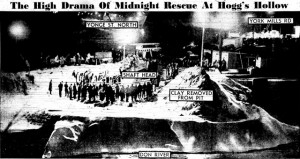
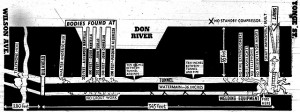
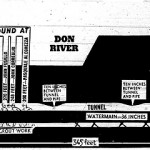
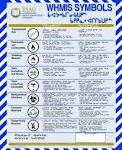
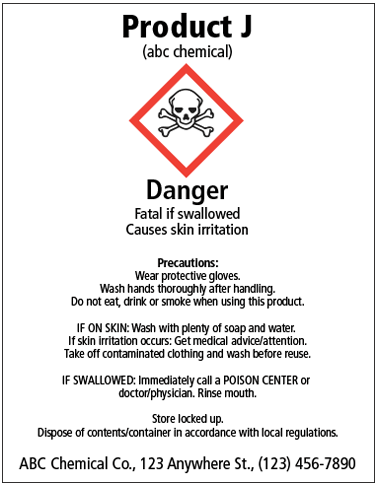
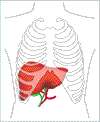 Did you know that May Is Hepatitis Awareness Month?
Did you know that May Is Hepatitis Awareness Month?